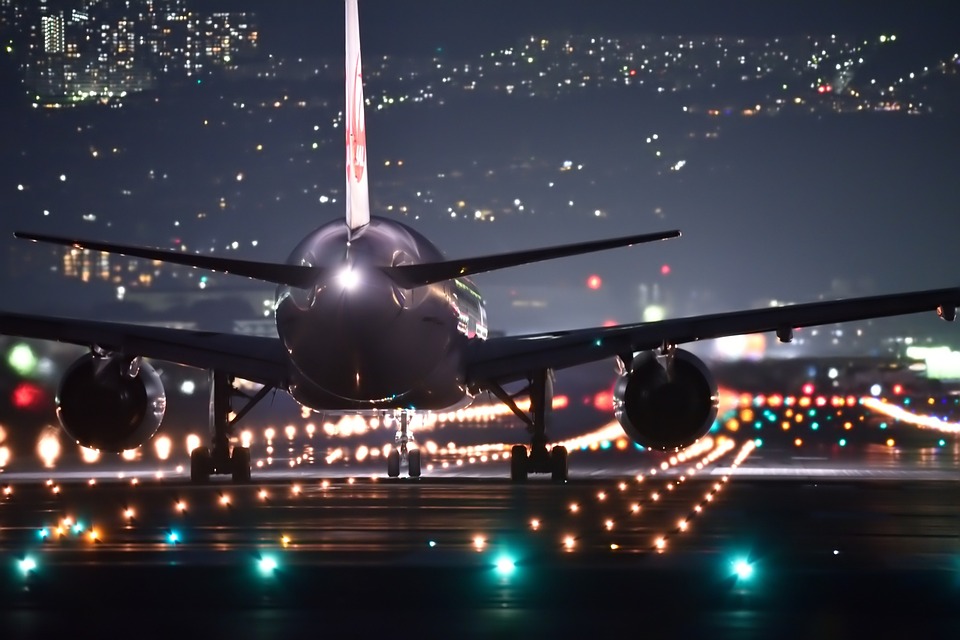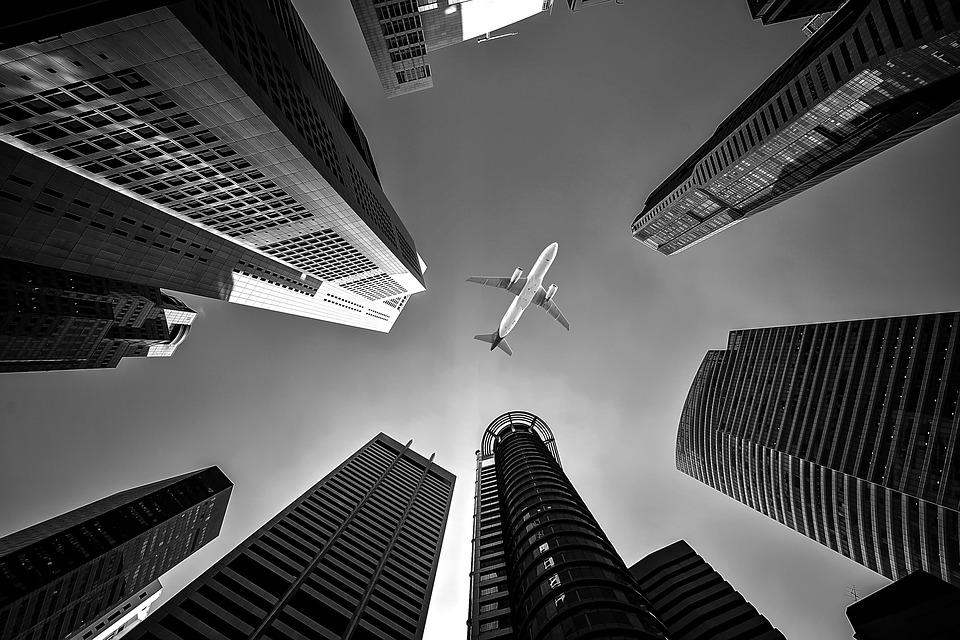Cultural impacts of global transportation trends

Global transportation trends have significantly reshaped cultural landscapes worldwide, influencing everything from daily routines to broader societal norms. These shifts are not merely logistical; they have profound implications for how people interact, perceive distances, and experience different cultures. As transportation becomes faster and more efficient, the world grows smaller, fostering a sense of global interconnectedness.
How Global Transportation Trends Influence Culture
One of the most significant impacts of global transportation trends is the facilitation of cultural exchange. The ease with which people can travel across continents allows for a greater appreciation and understanding of diverse cultures. Travelers bring back stories, artifacts, and new perspectives that enrich their home cultures. This exchange is not one-sided; it creates a dynamic flow of ideas and traditions that influence both the traveler and the host culture.
The proliferation of international cuisines in major cities worldwide is a testament to this exchange. It is now common to find restaurants offering dishes from every corner of the globe, introducing people to new flavors and culinary traditions. This exposure broadens palates and fosters a greater appreciation for cultural diversity.
The Rise of Multicultural Urban Centers
Urban centers have become melting pots of cultures, largely due to improved transportation networks. Cities like New York, London, and Tokyo are home to diverse populations that bring their unique traditions, languages, and customs. These multicultural environments encourage tolerance and understanding, fostering a sense of global citizenship.
Transportation advancements have also led to the growth of tourism, which plays a pivotal role in shaping cultural interactions. Tourists visiting historical sites, museums, and cultural festivals contribute to the preservation and promotion of cultural heritage. Their interest and spending support local economies and encourage the continuation of cultural practices.
- Increased Exposure to Global Cultures: with more people traveling internationally, there is greater exposure to different ways of life.
- Enhanced Cultural Preservation: tourism helps in preserving cultural sites and traditions by providing financial support and raising awareness.
- Language Exchange: as people move around the globe, languages are shared and learned, promoting bilingualism and multilingualism.
- Fusion of Traditions: cultural interactions lead to the fusion of traditions, creating new, hybrid cultural expressions.
- Global Networking: improved transportation allows for better networking and collaboration between individuals from different cultural backgrounds.

Economic Impacts on Culture
Economic factors tied to transportation also significantly impact culture. The ease of moving goods globally has led to the availability of diverse products in local markets. Consumers can access goods from around the world, influencing their lifestyles and preferences. This phenomenon is evident in fashion, where trends from different countries quickly spread and merge, creating a global fashion scene.
Transportation advancements have also facilitated labor mobility, allowing people to move where opportunities are greatest. This mobility results in cultural blending as people bring their traditions and customs to new places. It also leads to the creation of diaspora communities, which maintain their cultural identities while integrating into their new environments.
Environmental Concerns and Cultural Shifts
As global transportation continues to evolve, environmental concerns have become increasingly prominent. The cultural shift towards sustainability and environmental consciousness is partly driven by the awareness of transportation’s environmental impact. People are becoming more mindful of their travel choices, opting for greener alternatives when possible. This shift is reflected in the growing popularity of eco-tourism and the push for more sustainable transportation solutions.
Technology and Cultural Transformation
Technological advancements in transportation are also transforming cultures. The rise of ride-sharing apps, electric vehicles, and high-speed trains has changed how people commute and interact within urban environments. These technologies make transportation more efficient and accessible, leading to more spontaneous social interactions and greater connectivity.
The integration of technology in transportation has also led to the concept of the “smart city,” where transportation systems are optimized for efficiency and sustainability. These developments influence urban planning and lifestyle choices, promoting a culture of innovation and sustainability.
The Future of Cultural Interactions
Looking ahead, the future of cultural interactions will be shaped by continued advancements in transportation. As travel becomes even more accessible, the exchange of ideas and traditions will intensify, fostering a more interconnected and culturally rich world. The challenge will be to balance this growth with sustainable practices that protect cultural heritage and the environment.
In conclusion, the cultural impacts of global transportation trends are profound and multifaceted. They influence how people live, interact, and perceive the world around them. By understanding these impacts, society can better navigate the complexities of an increasingly connected world, ensuring that cultural diversity is celebrated and preserved for future generations.